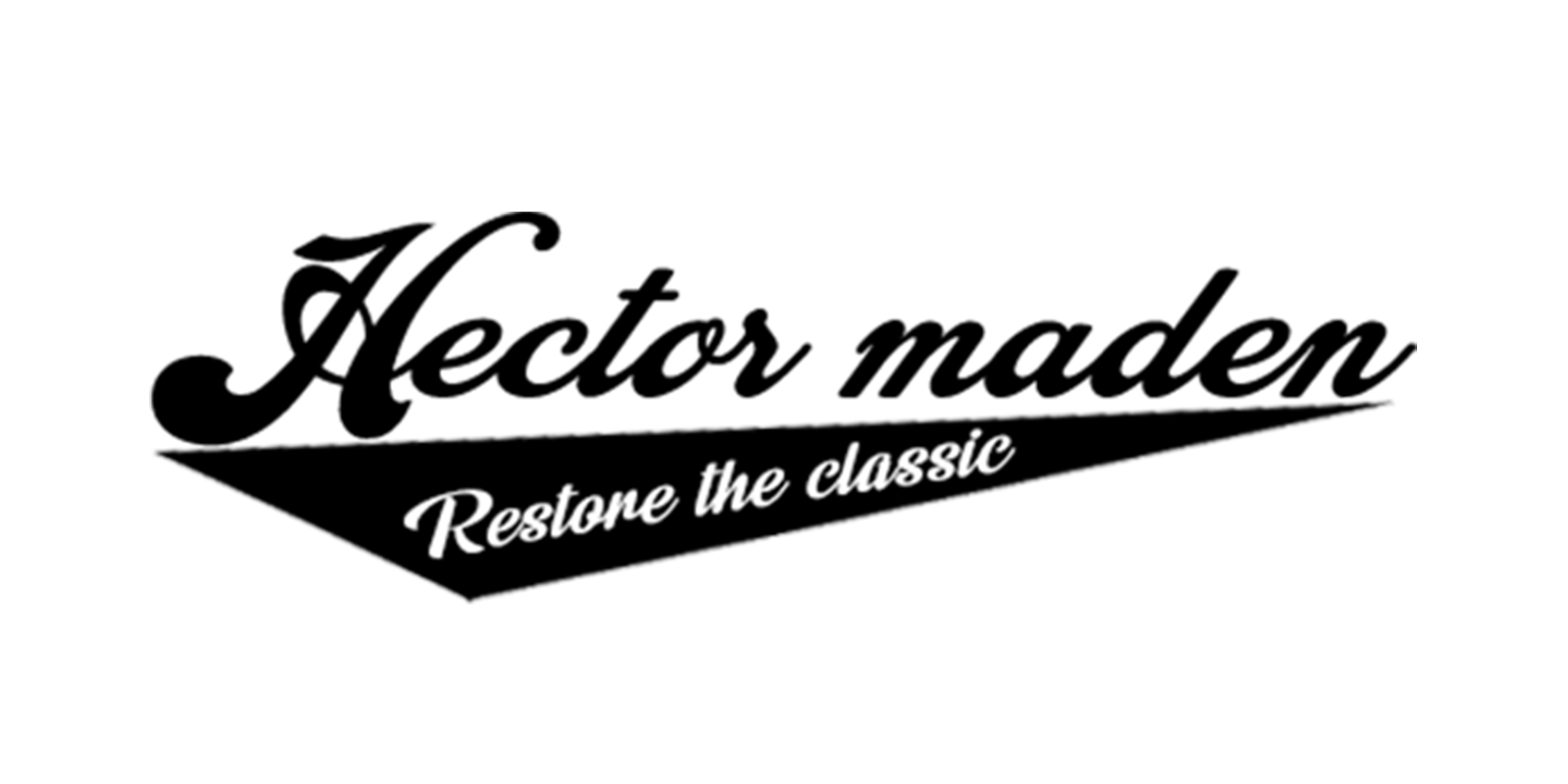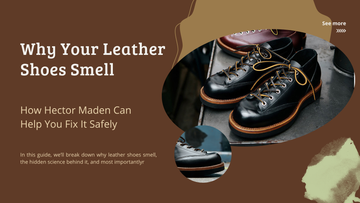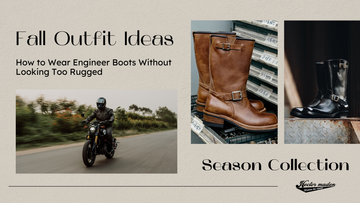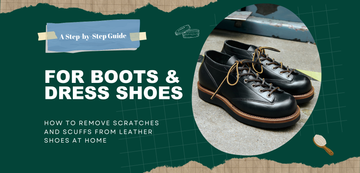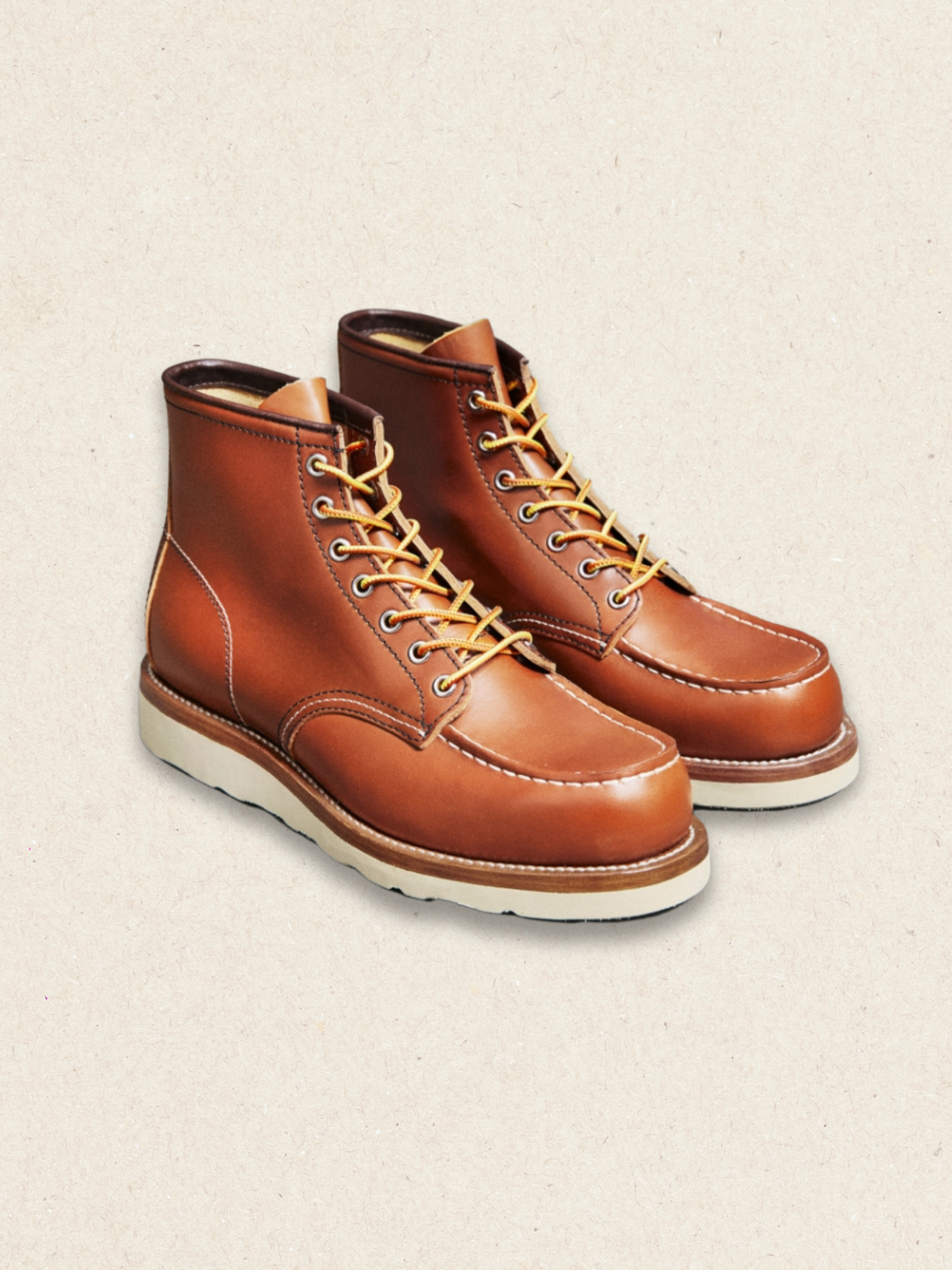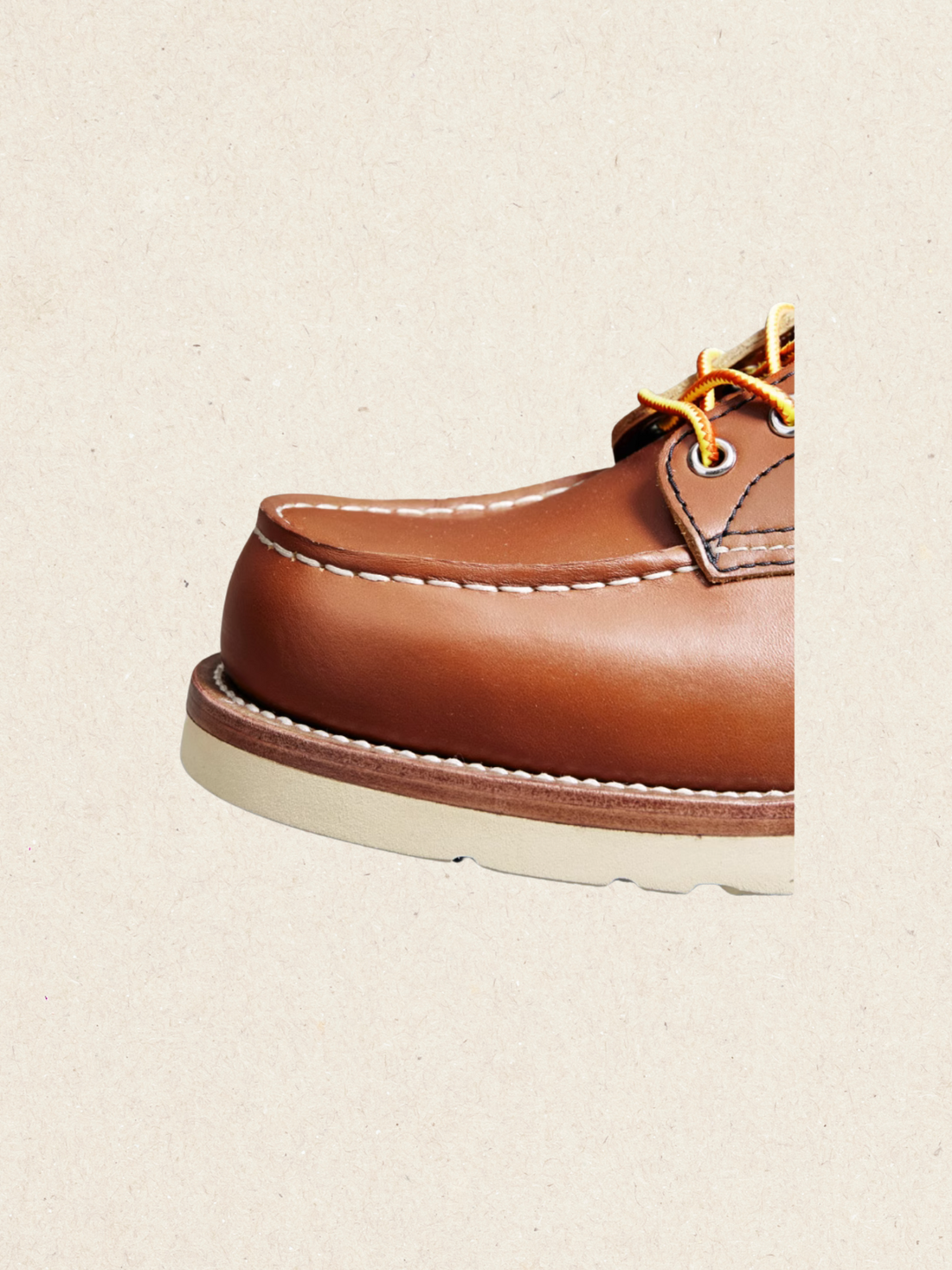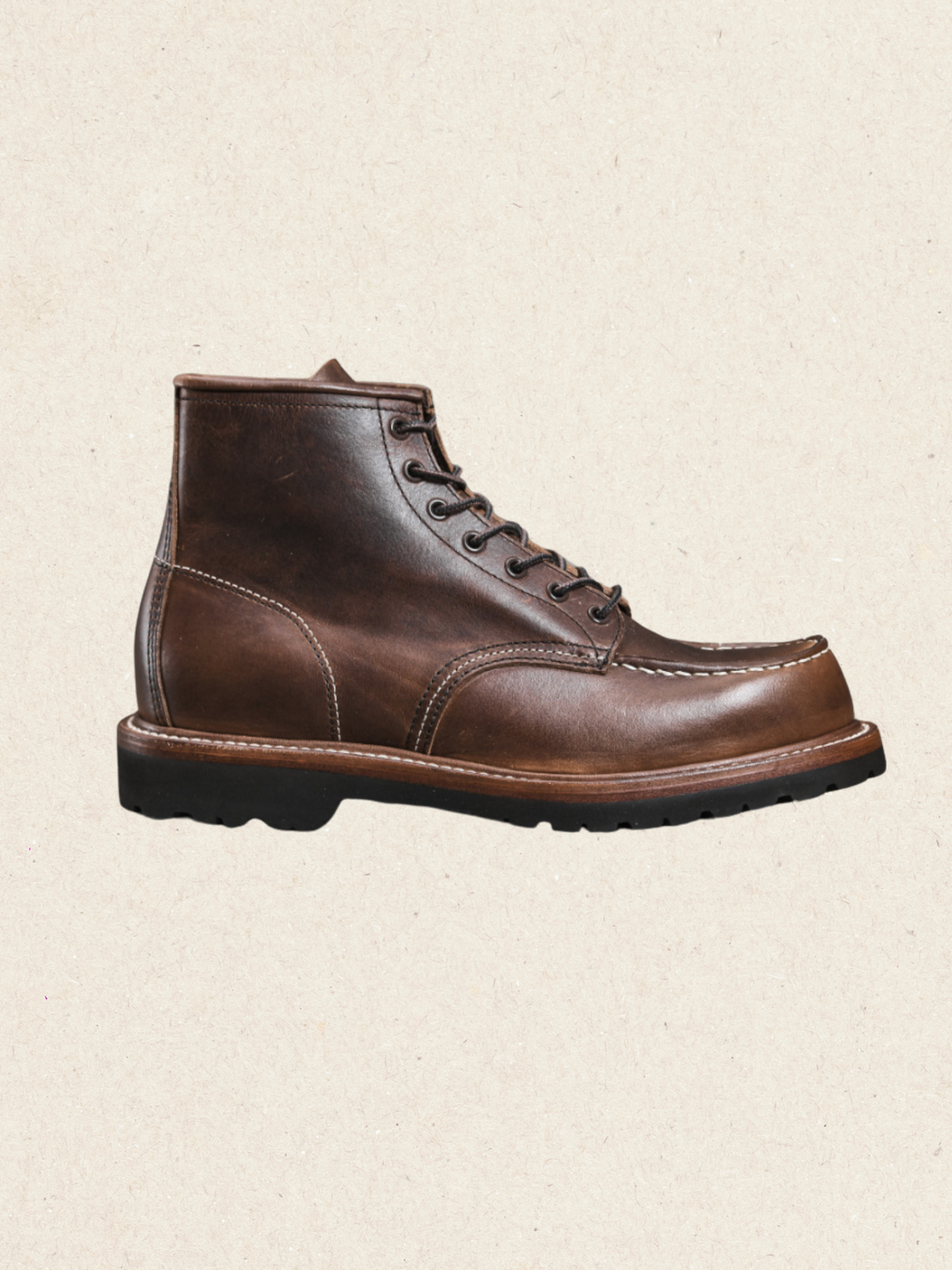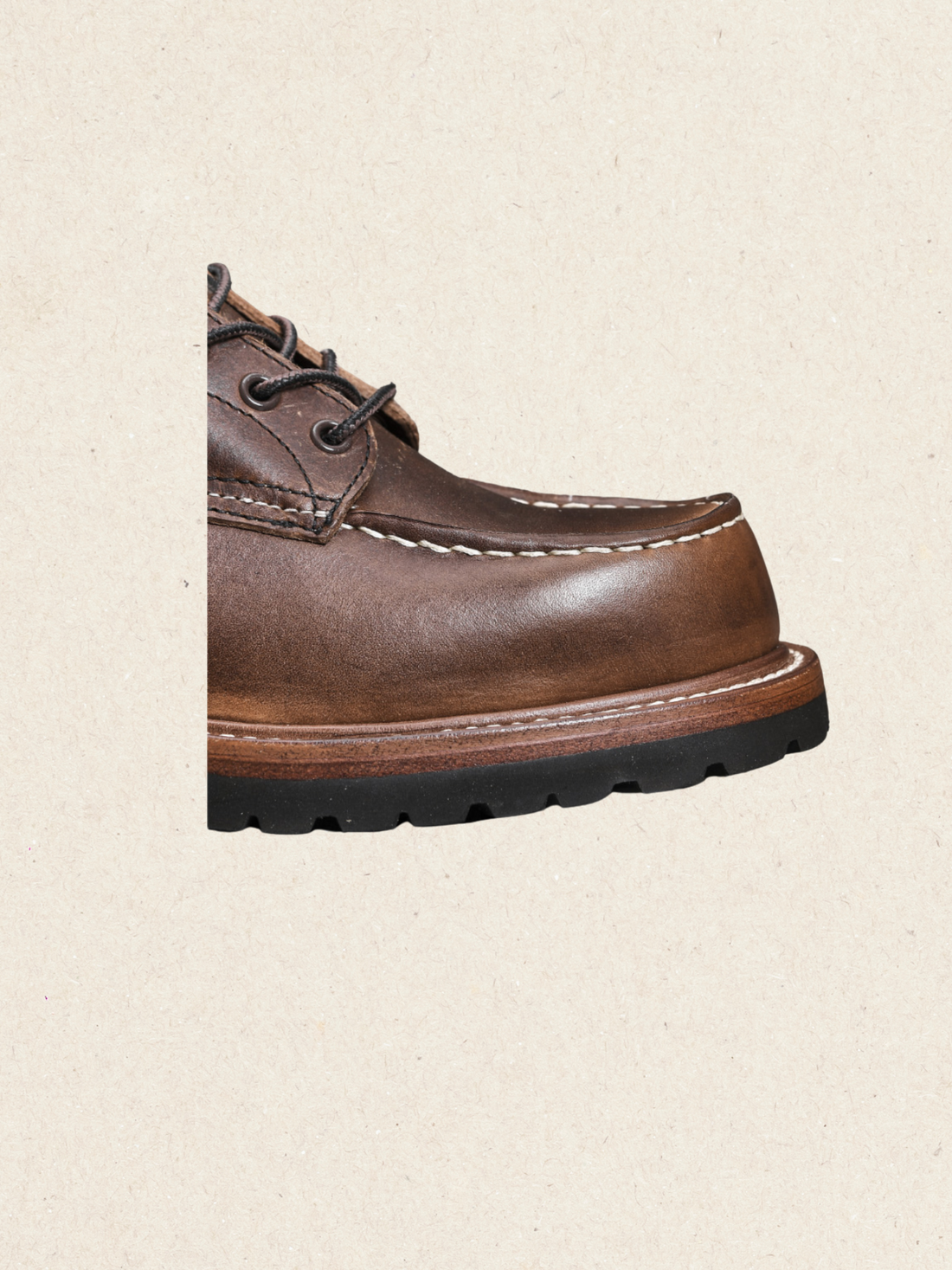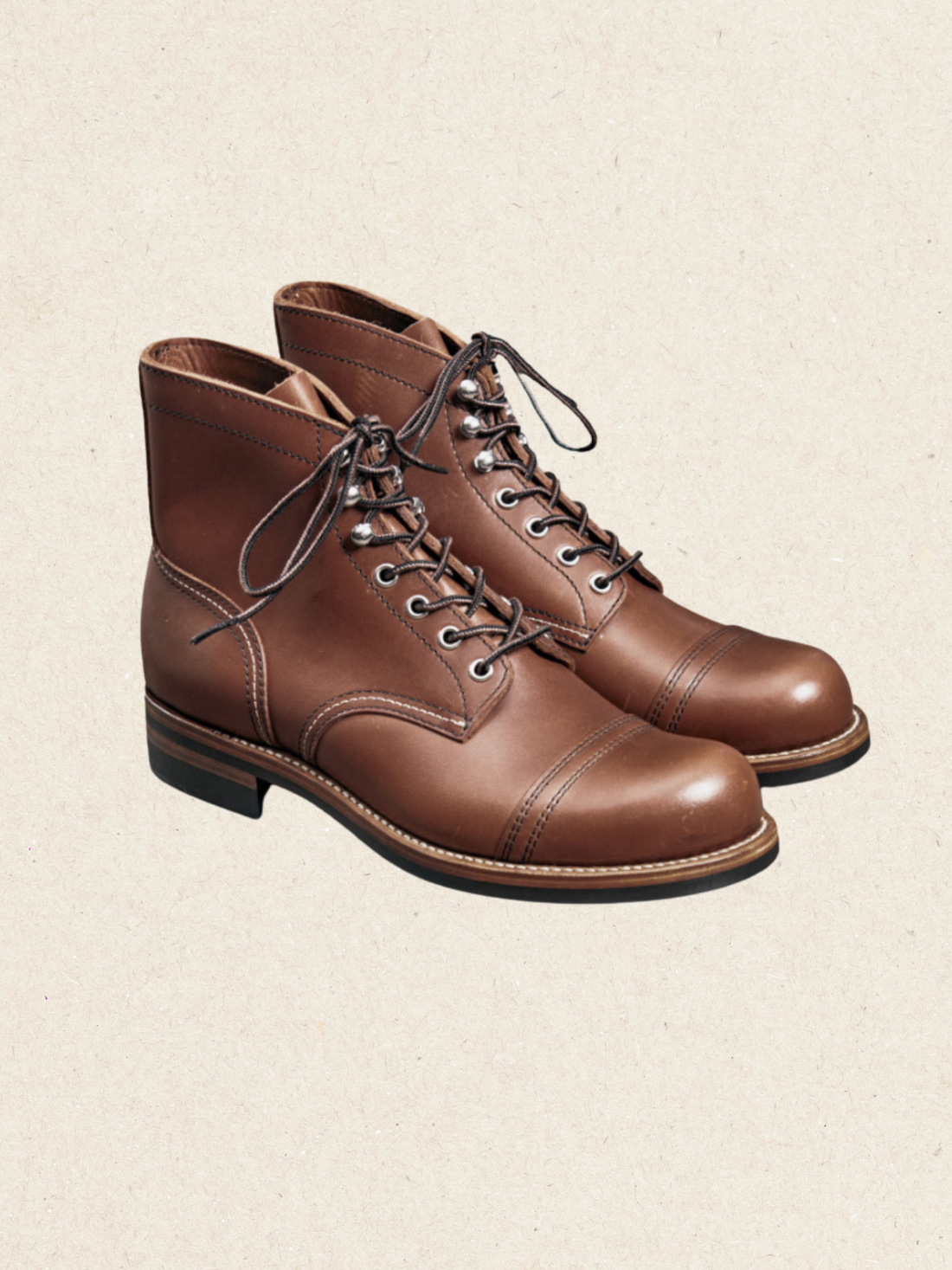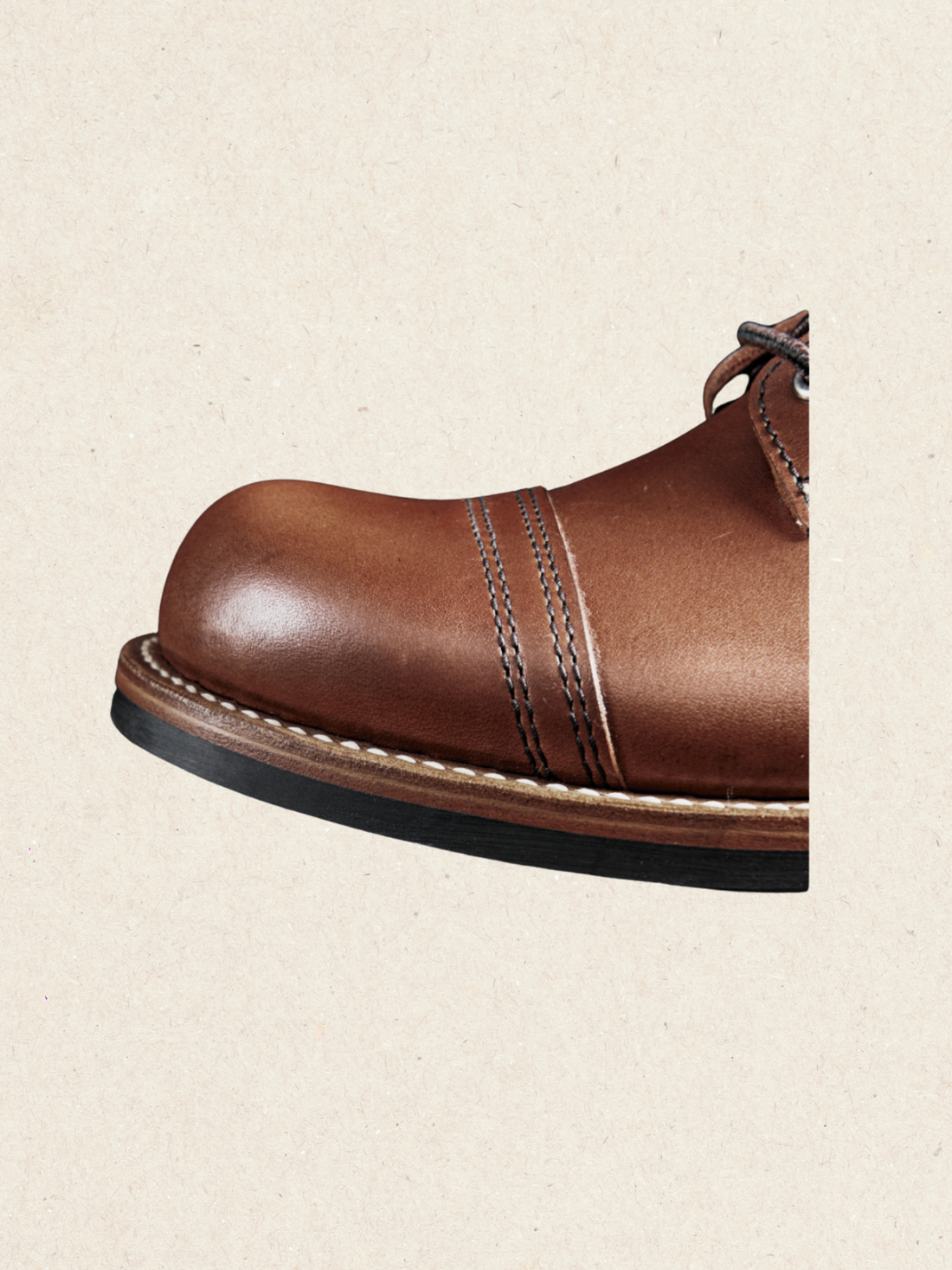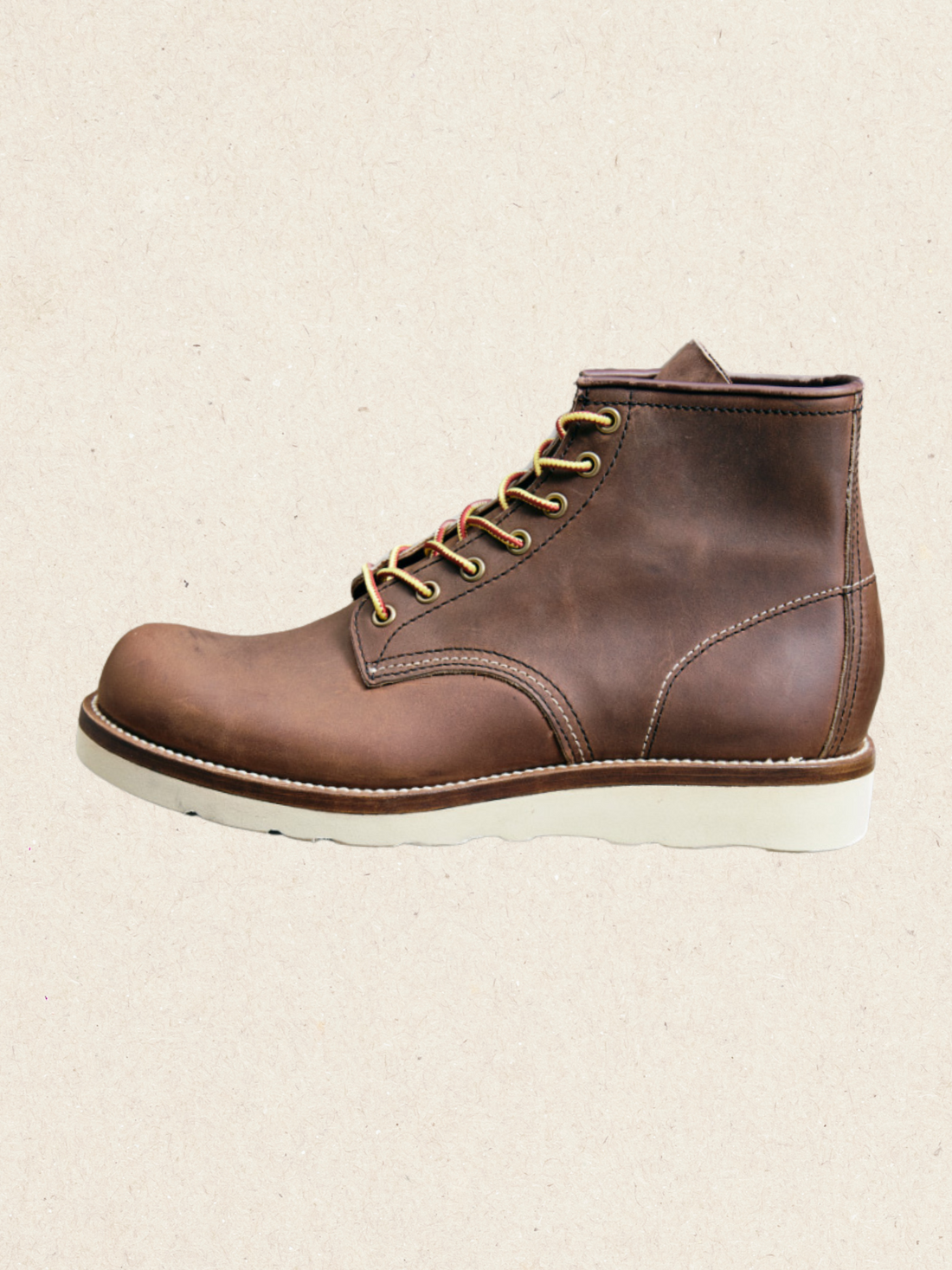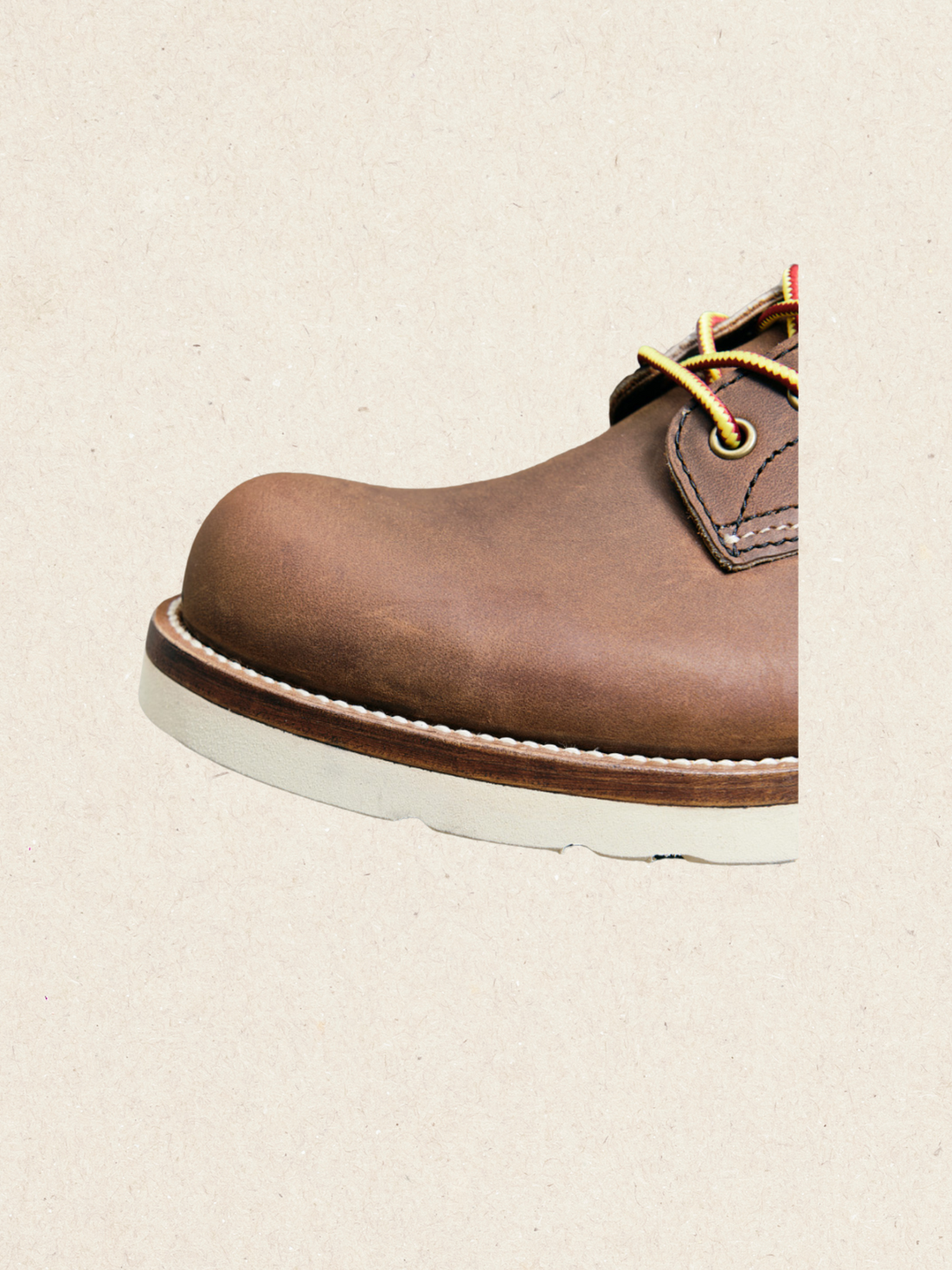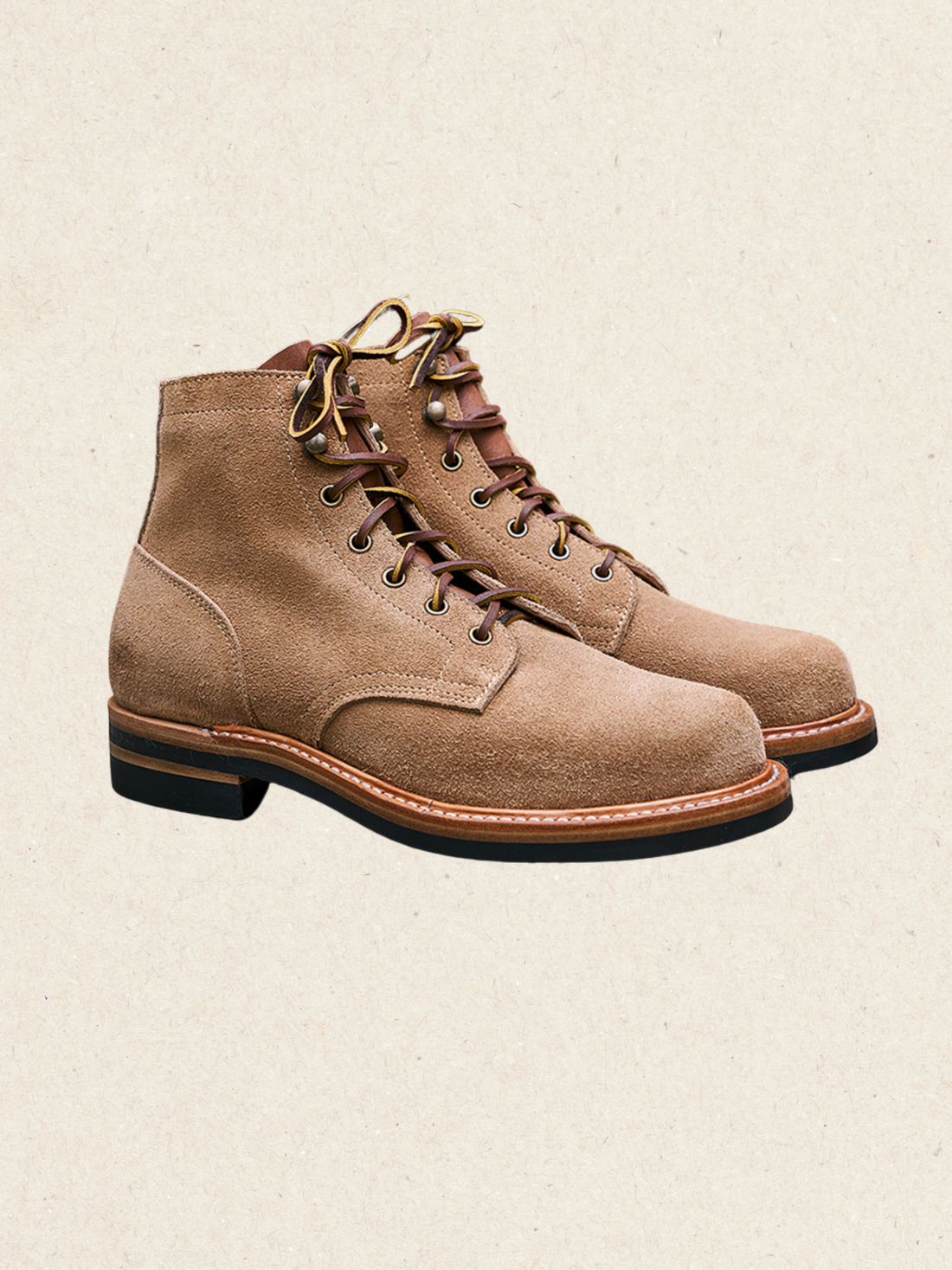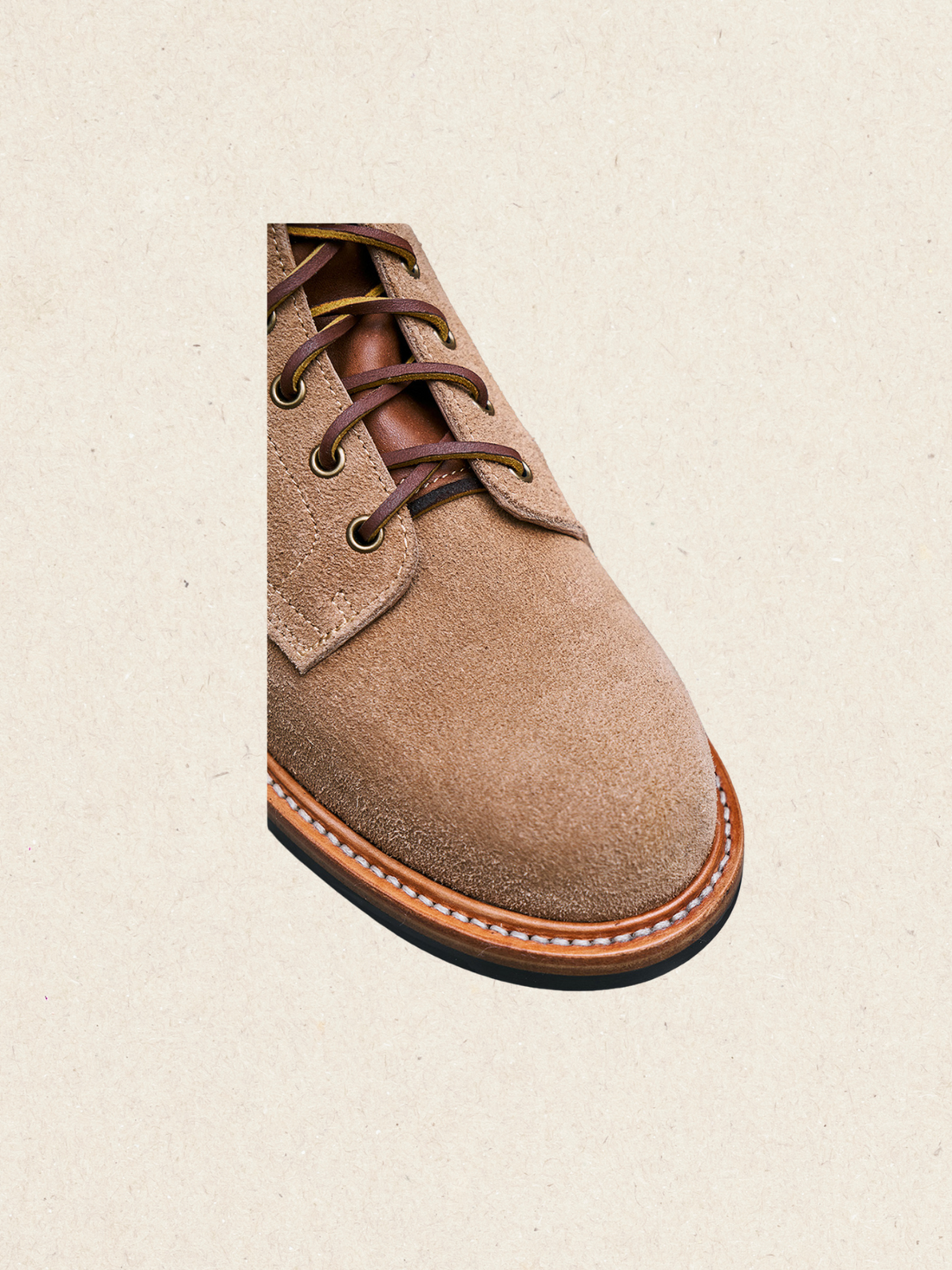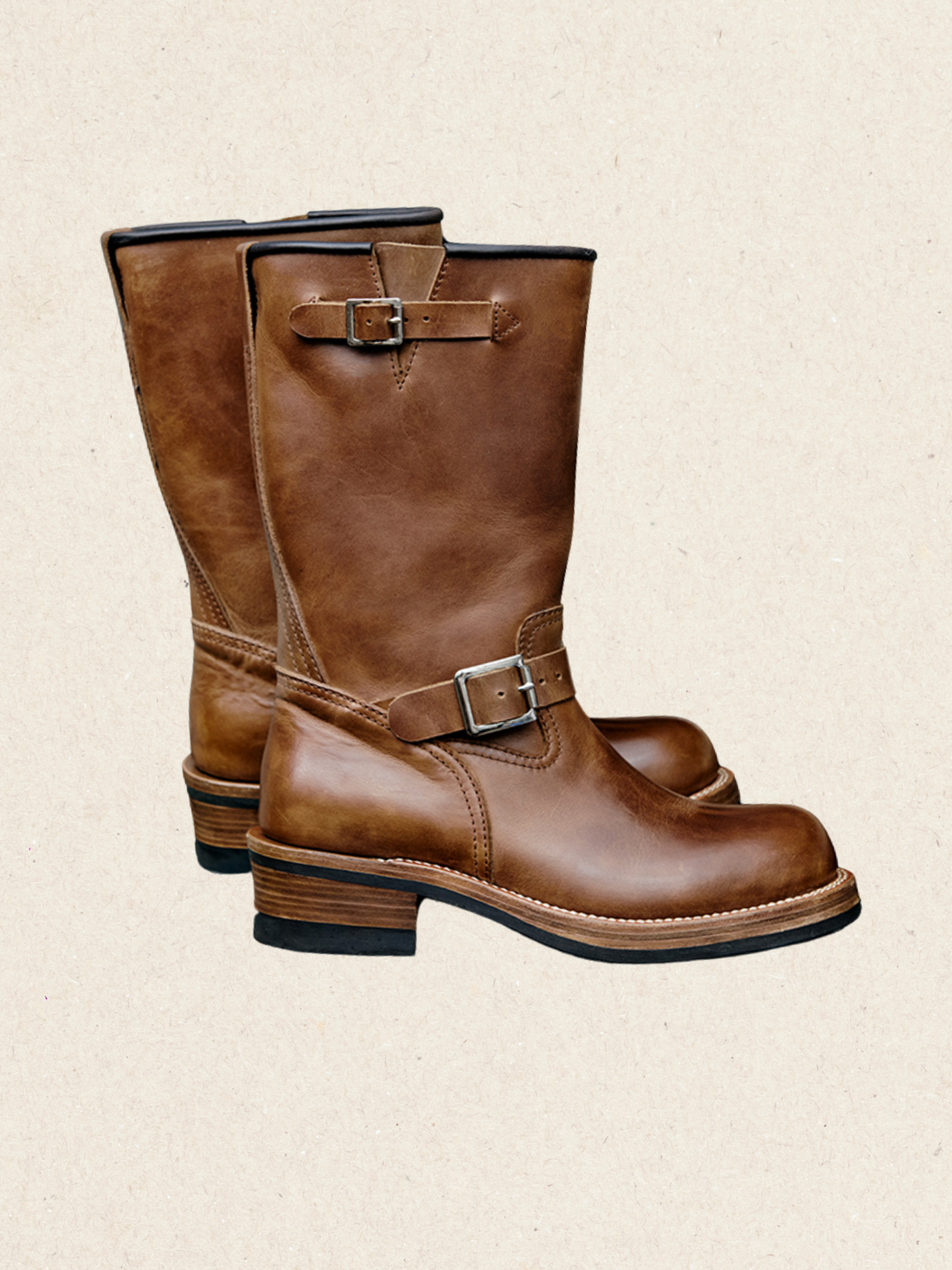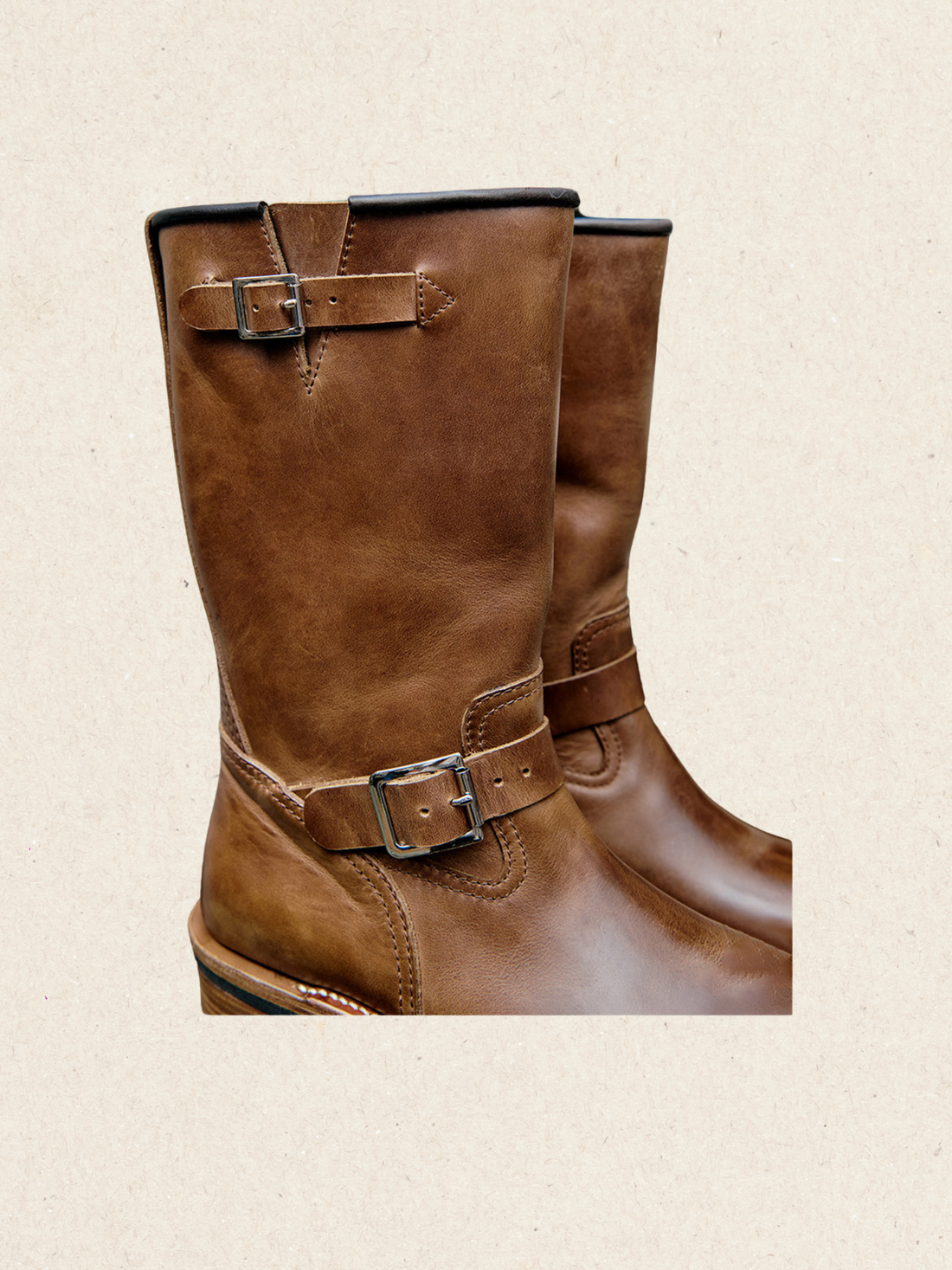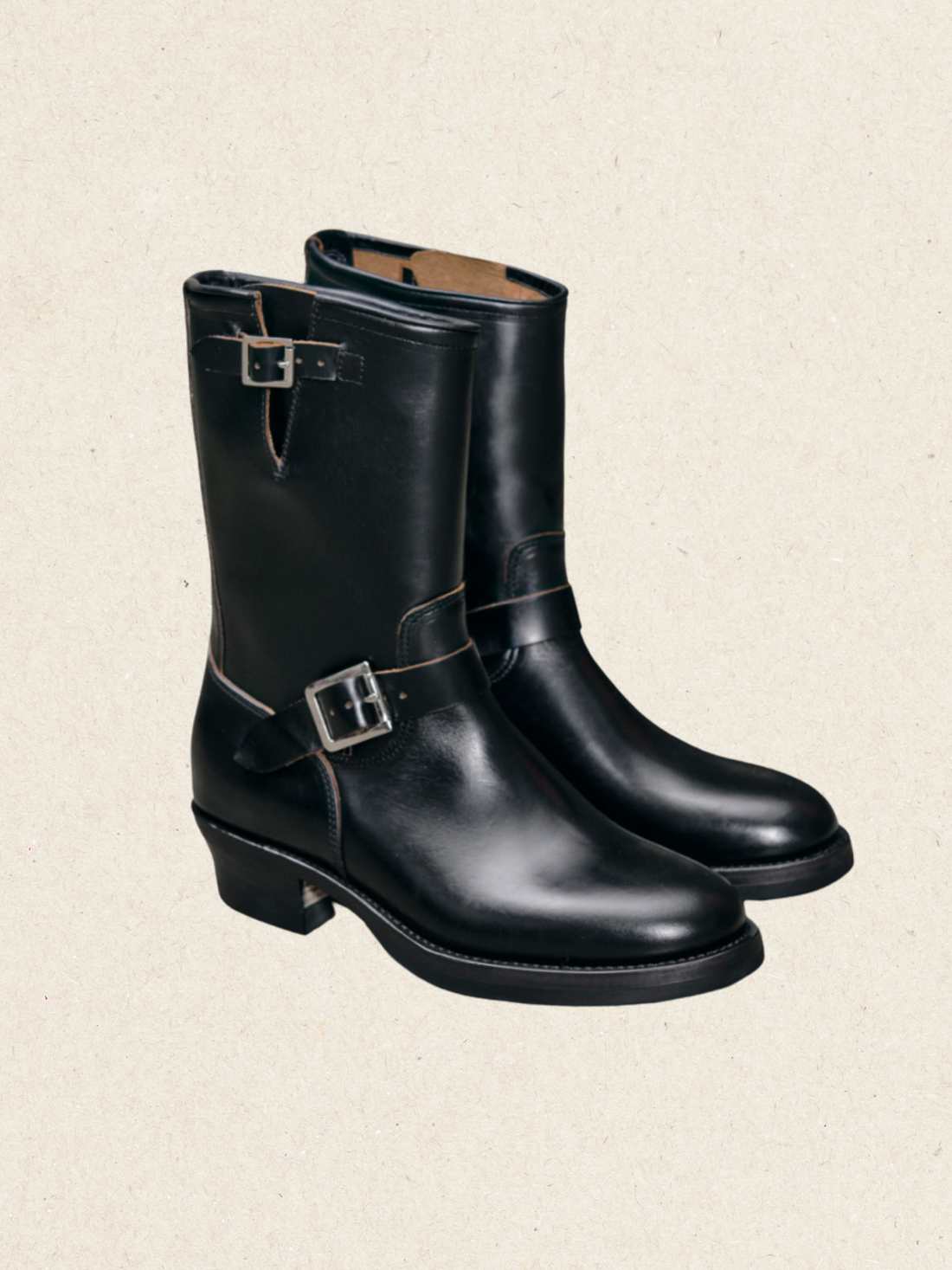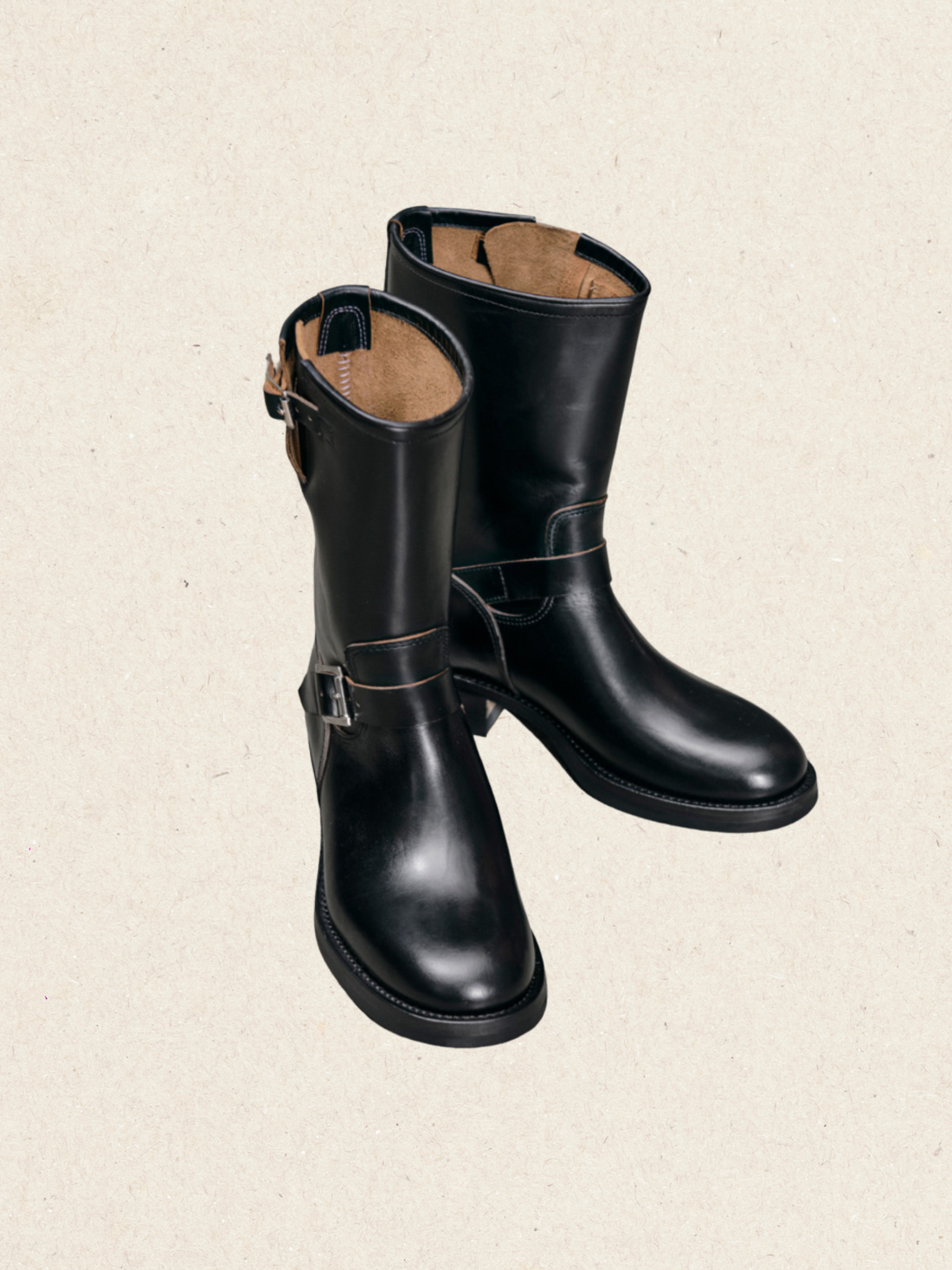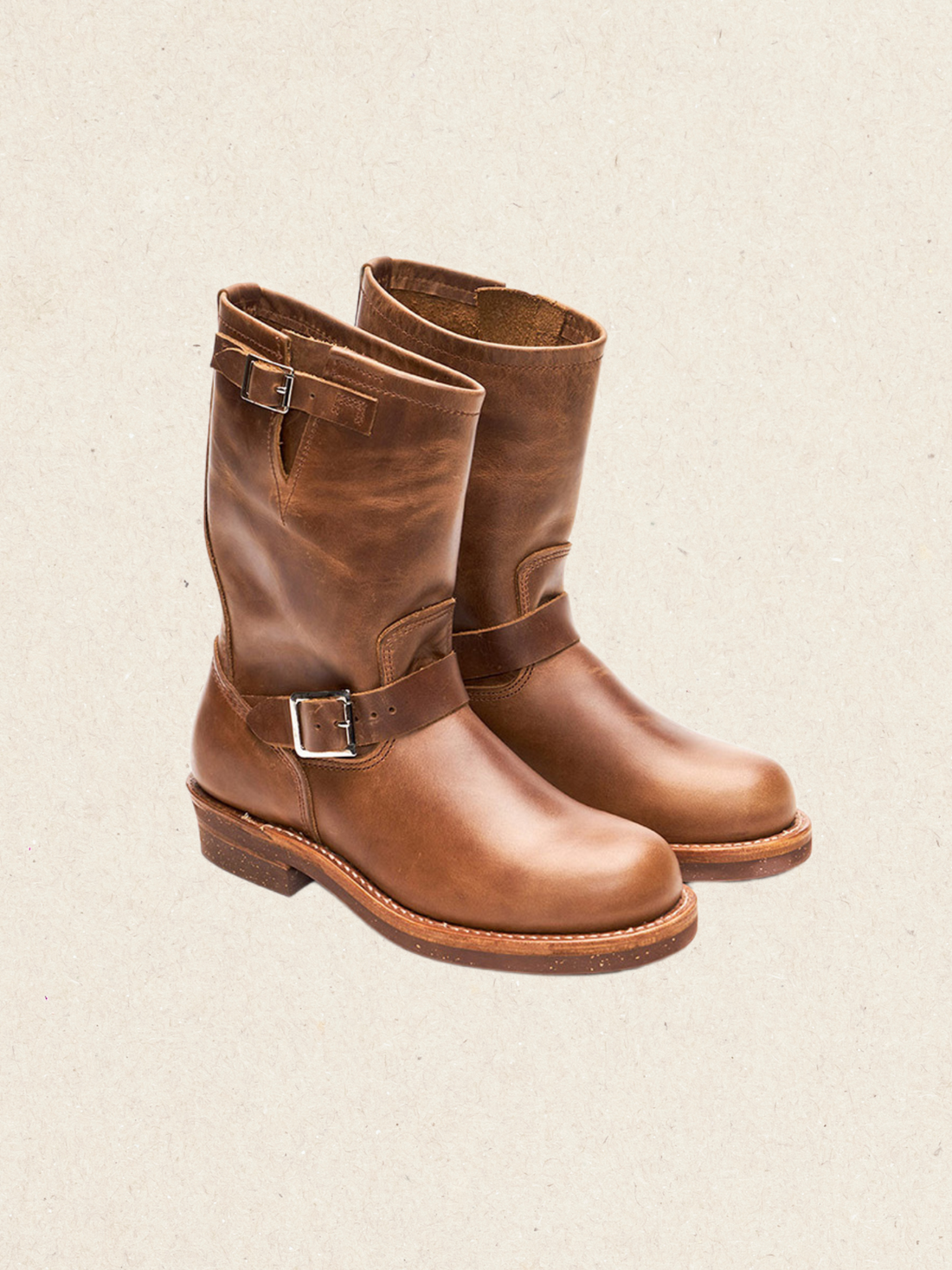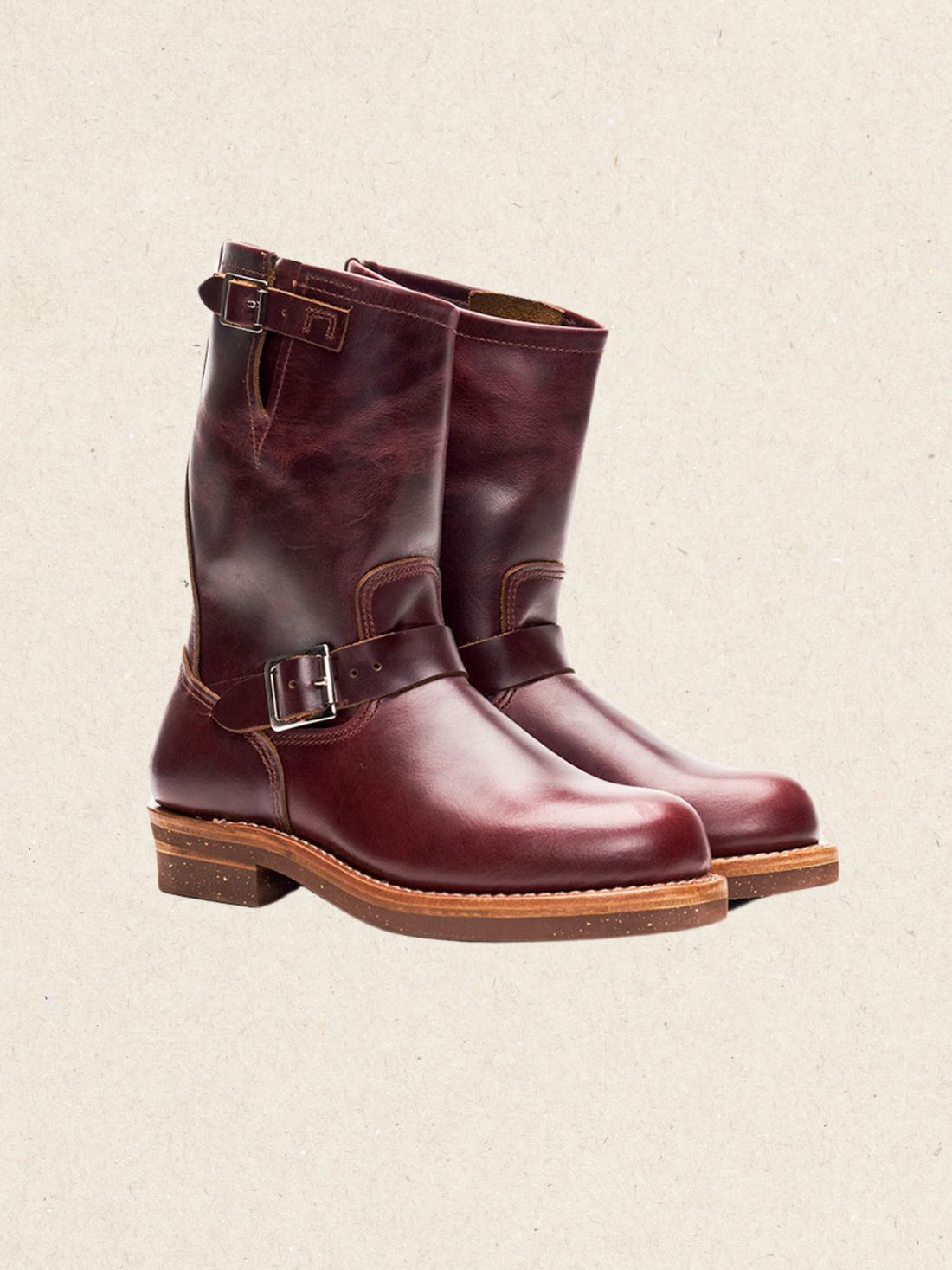Even the finest leather shoes can develop an unpleasant odor over time. It’s a frustrating reality—after all, genuine leather is supposed to breathe better than synthetics, yet many people still end up with smelly leather shoes sitting by the door. Whether it’s your everyday dress oxford shoes, a pair of men’s leather work boots, or even suede favorites like Chelsea shoes, odor can creep in and ruin both comfort and confidence.
In this guide, we’ll break down why leather shoes smell, the hidden science behind it, and most importantly, how to fix leather shoe smell without damaging the leather. You’ll also learn preventive care tips that apply to everything from rugged boondocker boots to refined dress loafers shoes, so your footwear not only looks sharp but stays fresh wear after wear.
Why Leather Shoes Smell (Causes of Smelly Leather Shoes)
Understanding why your leather shoes smell is the first step toward fixing the problem without damaging the leather. Even premium footwear like men’s leather work boots, leather engineer boots, moto engineer boots (suede), or boondocker boots can develop odors if proper care is neglected.
1. Sweat and Moisture
Leather is naturally breathable, but it absorbs sweat over time. Prolonged exposure to moisture creates a damp environment inside the shoe, allowing bacteria to thrive. This is particularly common in Chelsea shoes (suede) or dress loafers shoes, which may not handle heavy sweating as well as rugged work boots.

2. Bacteria and Fungi
Warm, damp interiors are ideal breeding grounds for bacteria and fungi. Microbial activity breaks down organic matter like sweat, producing the unpleasant odors often associated with dress oxford shoes or other formal leather footwear.

3. Wearing Habits
Long hours of continuous wear, wearing the same pair daily, or using socks made of synthetic fibers can exacerbate odor buildup. Even durable footwear such as moto engineer boots (suede) can be affected if worn without rotation.
4. Improper Storage
Storing leather shoes in humid or airtight conditions prevents airflow and promotes mold growth. This affects all types of leather shoes, from leather engineer boots to boondocker boots, and may leave a lingering, stubborn smell.
Don’t Do This: Fixes That Ruin Leather
When tackling smelly leather shoes, common “quick fixes” can do more harm than good. Missteps may not only fail to remove odors but also permanently damage your men’s leather work boots, leather engineer boots, or dress oxford shoes. Understanding what not to do is the first step to preserving your footwear.

1. Using Harsh Cleaners
Strong detergents, bleach, or chemical sprays can strip leather of its natural oils, which are essential for durability and flexibility. Studies show that frequent exposure to harsh chemicals accelerates cracking and fading in leather materials. For boondocker boots and moto engineer boots (suede), this can shorten the life of your shoes significantly.
2. Overexposure to Sun or Heat
Direct sunlight, hairdryers, or heated radiators may seem like fast solutions, but leather reacts poorly to high temperatures. Excessive heat causes stiffness, shrinkage, and irreversible cracks. Delicate footwear, including Chelsea shoes (suede) and dress loafers shoes, is particularly vulnerable. Experts recommend drying naturally in a shaded, ventilated area to maintain shape and texture.

3. Masking with Fragrances
Sprays, perfumes, or air fresheners might temporarily cover unpleasant smells, but they do nothing to remove the bacteria and fungi causing the odor. In some cases, chemical residues can react with leather, leaving discoloration or sticky surfaces. Dermatologists and footwear specialists alike advise against masking odors, emphasizing that solving the root cause is far more effective than covering it up.
How to Remove Odor from Leather Shoes Without Damaging Them
Even the best leather engineer boots, moto engineer boots (suede), or dress oxford shoes can develop unpleasant odors. The key is tackling the problem gently—here’s a mix of practical, natural, and professional solutions.
1. Let Them Breathe
-
Rotate your shoes daily: Avoid wearing the same pair two days in a row. Even boondocker boots and Chelsea shoes (suede) need downtime to dry out sweat.
-
Open-air storage: Keep shoes on a ventilated rack instead of inside closed boxes or plastic bags.
2. Absorb Moisture and Odor Naturally
-
Baking Soda Power: Sprinkle lightly inside overnight, then shake out. Neutralizes acids that cause smells.
-
Activated Charcoal or Sachets: Place inside shoes to absorb odor molecules.
-
Cedar or Wooden Shoe Trees: Not only maintain shape but gently deodorize.
3. Gentle Cleaning That Preserves Leather
-
Mild Leather Cleaners: Soft cloth + pH-neutral cleaner removes sweat and dirt without drying out the leather.
-
Conditioning Oils or Creams: Replenish natural oils to keep leather soft and supple. Works for men’s leather work boots or dress loafers shoes.

-
Spot Treatment for Suede: Use a suede brush or eraser on moto engineer boots (suede) and Chelsea shoes (suede); never soak in water.
4. When to Call a Professional
-
Persistent odor? Professionals can deep-clean, deodorize, and restore both leather and suede shoes. Especially helpful for high-end engineer boots or vintage boondocker boots.
Quick Lifestyle Tips
-
Wear moisture-wicking socks.
-
Avoid long hours in the same pair.
-
Occasionally let shoes air outside (not in direct sun).
Combining these strategies keeps your shoes smelling fresh while protecting leather integrity—perfect for everything from rugged leather work boots to polished dress oxford shoes.
How to Keep Your Leather Shoes Smelling Fresh Long-Term
Preventing odor is easier than constant emergency fixes. With simple habits, your men’s leather work boots, leather engineer boots, moto engineer boots (suede), or dress loafers shoes can stay fresh for months.
1. Rotate and Rest Your Shoes
-
Avoid wearing the same pair two or more days in a row.
-
Let boondocker boots and Chelsea shoes (suede) air out between wears.
2. Choose the Right Socks
-
Breathable, moisture-wicking socks reduce sweat accumulation.
Cotton blends or technical fibers work best for long hours in leather engineer boots or dress oxford shoes.
3. Keep the Shape and Dry
-
Use shoe trees (cedar or wooden) to maintain form and gently absorb moisture.
-
Remove insoles after heavy use to let them dry separately.

4. Regular Light Maintenance
-
Wipe down with a soft cloth after every wear.
-
Apply mild leather conditioner periodically to nourish the material.
-
For suede, gently brush with a suede brush to remove dirt and restore texture.
Quick Lifestyle Tips
-
Avoid storing shoes in damp closets or plastic bags.
-
Occasionally let them air outside (not in direct sunlight) to prevent mildew.
-
Track when you last cleaned or conditioned each pair to maintain a routine.
Following these daily habits ensures your leather shoes stay odor-free, comfortable, and long-lasting—whether it’s rugged moto engineer boots (suede) or polished dress loafers shoes.

Keep Your Leather Shoes Fresh and Lasting
Odor in leather shoes isn’t a sign of poor quality—it comes from everyday wear, sweat, and moisture. You can safely remove smelly leather shoes without damaging your boots or shoes by adopting simple habits.
Which shoes this applies to:
-
Rugged men’s leather work boots
-
Classic leather engineer boots
-
Stylish moto engineer boots (suede)
-
Versatile boondocker boots
-
Elegant Chelsea shoes (suede)
-
Polished dress loafers shoes and dress oxford shoes
Key steps to keep your leather shoes fresh:
-
Rotate and air out shoes after each wear.
-
Allow leather to rest between wears to prevent moisture buildup.
-
Store in dry, ventilated areas to maintain leather quality and appearance.
By following these habits, you can enjoy odor-free leather shoes while keeping your Hector Maden boots and shoes looking, feeling, and performing at their best for years.
